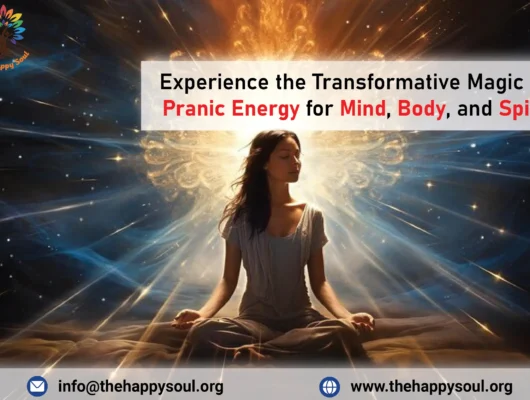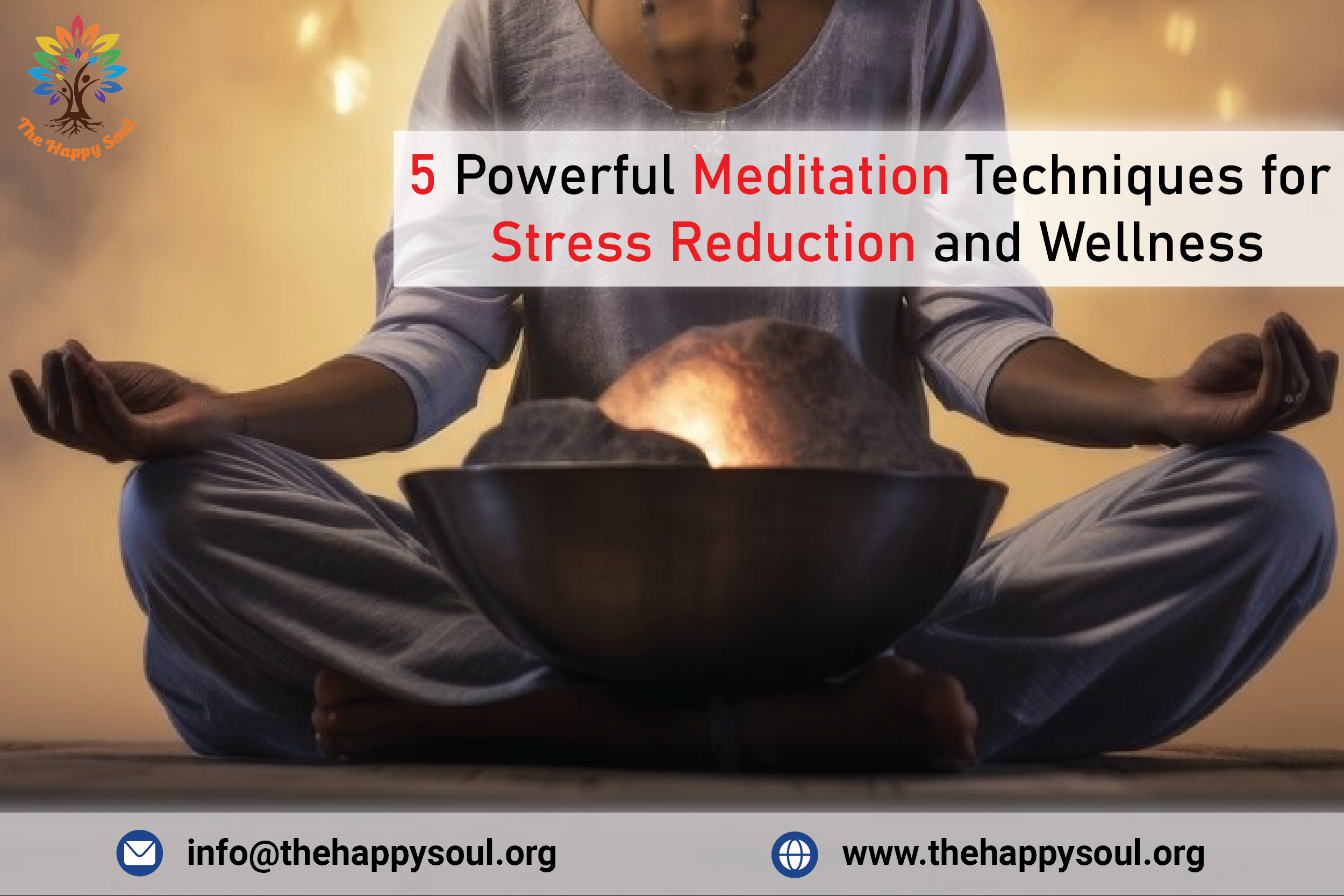Are you feeling overwhelmed with the never-ending demands of work and life? Is stress slowly draining away your energy, leaving you feeling tired and burnt out? You’re not alone. In today’s fast-paced world, it can seem impossible to find a moment of peace amidst the chaos. But what if we told you that by investing just one minute in yourself, you could reduce stress levels and boost your energy? Although it might seem impossible, it is actually achievable. In this blog post, we’ll share simple yet effective techniques that will help you achieve a state of calmness and recharge your batteries. Prepare to bid tension farewell and welcome a fresh sense of vigor in the space of one minute!
Introduction to Stress & Its Effects on Health
People of all ages and socioeconomic backgrounds are now affected by stress, which has become an integral part of modern life. It is a natural response to challenges, demands, or threats, triggering a cascade of physiological and psychological reactions. While some stress can be beneficial, motivating us to perform better, chronic or excessive stress can have detrimental effects on our overall health and well-being. When stress becomes overwhelming and prolonged, it can manifest in various physical, emotional, and behavioral symptoms.
Physiologically, stress can elevate blood pressure, weaken the immune system, and disrupt holistic wellness. Psychologically, it can lead to anxiety, depression, and decreased cognitive function. Moreover, chronic stress can contribute to the development of various health conditions, such as cardiovascular diseases, and gastrointestinal disorders, and even exacerbate existing conditions like diabetes or autoimmune disorders. Understanding the impact of stress on health is vital to adopt effective coping mechanisms and promoting a balanced and resilient lifestyle.
How to Identify Stressful Situations?
Identifying stressful situations is essential for maintaining mental and physical well-being. It begins with heightened self-awareness and the ability to recognize subtle signs and triggers. One way to identify stressful situations is to pay close attention to changes in your emotions and physical sensations. Feelings of irritability, anxiety, or overwhelm might indicate stress. Additionally, noticing patterns of negative thinking or persistent worrying can be indicative of stressors. Identifying stressful situations also involves recognizing certain external factors, such as tight deadlines, overwhelming workloads, conflicts in relationships, or major life changes. Being attuned to these cues enables individuals to take proactive steps in managing stress effectively, seeking support when needed, and adopting healthy coping strategies to navigate through challenging situations with resilience.
Practical Ways to Reduce Stress in a Minute
1. Deep Breathing:
Take a deep breath in with your nose, and then slowly let it out through your mouth. Repeat this process three to four times. Deep breathing activates the parasympathetic nervous system, which helps counteract the body’s stress response, leaving you feeling more centered and revitalized.
2. Stretch It Out:
Stand up and stretch your body. Reach for the sky, bend forward to touch your toes, and twist gently from side to side. These simple stretches release tension from your muscles, promote blood flow, and increase oxygen supply to your brain, instantly boosting your energy and improving focus.
4. Laugh Out Loud:
Laughter is nature’s medicine for holistic wellness! Watch a funny video or recall a hilarious memory that always brings a smile to your face. Laughter triggers the release of endorphins, the body’s natural feel-good chemicals, reducing stress and elevating your mood.
3. Mini Meditation:
Find a calm area, settle in, and close your eyes. Focus on your breath or repeat a calming mantra like “peace” or “relax.” Even a brief moment of meditation can clear your mind and reduce stress, leaving you feeling recharged and ready to tackle the day.
5. Power of Music:
Put on your favorite song and let the music guide your emotions. Whether you dance, hum, or simply listen attentively, music has the power to soothe the soul and provide an instant energy boost.
6. Positive Affirmations:
Speak or think positive affirmations about yourself, such as “I am capable,” “I am strong,” or “I am in control.” Redirecting your thoughts toward positivity can help alleviate stress and create a sense of empowerment.
7. Gratitude Journaling:
Take a minute to jot down three things you are grateful for. Gratitude journaling shifts your focus from stressors to the positive aspects of life, fostering a more optimistic mindset and reducing stress.
8. Visualize Calmness:
Close your eyes and visualize yourself in a serene and peaceful place, like a sandy beach or a tranquil forest. Immerse yourself in the experience, using all your senses to enhance the visualization. This mental escape can instantly melt away stress and renew your energy.
9. Power Nap:
If possible, indulge in a brief power nap. A 20-minute nap can refresh your mind, improve alertness, and reduce stress, leaving you with increased productivity and better overall well-being.
10. Quick Snack Break:
Grab a nutritious snack, such as a handful of nuts or a piece of fruit. Healthy foods provide a quick energy boost and stabilize blood sugar levels, helping you feel more energized and focused.
Conclusion
Incorporating these one-minute stress busters into your daily routine can work wonders for your energy levels, holistic wellness, and overall mental health. Remember, it only takes a minute to pause, breathe, and refocus your thoughts, enabling you to tackle life’s challenges with a calmer and more energized mindset. Prioritize your well-being and make these simple techniques a part of your daily life to lead a happier, healthier, and stress-free existence.
Read Also: 7 Powerful Pranic Healing Techniques for Instant Stress Relief
Frequently Raised Issues
(1) What are some proven techniques for reducing stress in everyday life?
Incorporating regular exercise, mindfulness practices, and seeking holistic therapies can be effective ways to reduce stress in daily life.
(2) What role do mindfulness and meditation play in reducing stress?
Mindfulness and meditation cultivate present-moment awareness, allowing individuals to observe stressors with greater clarity, leading to reduced emotional reactivity and increased resilience in handling stressful situations.







